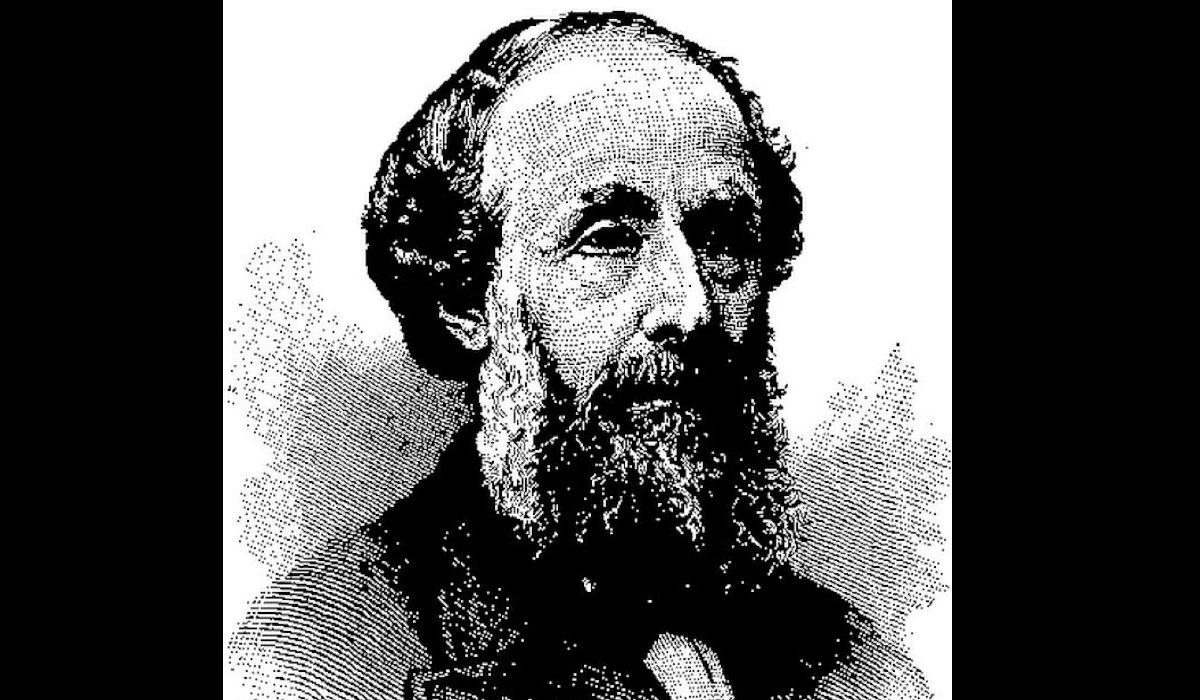George Williams and the YMCA. George Williams and the small group of other young men who set up the Young Men’s Christian Association (YMCA) had a great belief in what they were doing – but they probably would have been amazed at the scale and scope of the worldwide movement that emerged. Here we examine the movement’s origins and the contribution of George Williams.
During June and early July 1844, a series of discussions took place in rooms above Hitchcock and Roger’s draper’s shop in St Paul’s Churchyard. George Williams, Christopher Smith, Edward Valentine, John Symons, and the eight, nine or ten other young men involved, discussed setting up what quickly became known as The Young Men’s Christian Association. (The debate over the number of young men involved in the original meeting where the Association was formed is reviewed by Binfield 1973: 120-121. The discussion concerning the title can be found in Shedd et al 1955: 23). They set out with ‘the view of uniting and directing the efforts of Christian young men for the spiritual welfare of their fellows in the various departments of commercial life’ (YMCA 1857: front piece). In other words, they began by looking to the needs of people like themselves – a form of mutual aid. As the Movement grew, those involved were quick to amend rules and activities in response to the needs they identified. For example, by 1848 the object of the Association was not just ‘spiritual’ but also ‘mental’ improvement; and the concern was with young men in general.
The one Association within a year had branches in the West End (the Scots Church, Swallow Street, Piccadilly), Islington, Pimlico, Southwark – and then in Leeds, Manchester, Liverpool, Exeter, Bristol, Plymouth and Hull (Binfield 1973: 130. See, also, Shedd et al 1955: 14-40). These then became independent associations. Furthermore, following the activities of the London Association during the Great Exhibition of 1851 associations spread to Australia, France, India and North America. So was formed the distinctive shape of the Movement. It was to be a movement of, by and for young men; built around faith in Jesus Christ. It was to be evangelising; ecumenical in spirit and membership; and to be concerned with improving social conditions and promoting learning. Central to this was ‘the duty of Christian young men to witness in practical ways to their faith in the sphere of their daily life’ ( see Shedd 1955: 39). Crucially, YMCAs were organized around collective effort via the formation of local associations. While George Williams may be honoured as the founder – the growth of the Movement was very much an associational effort.
References
Binfield, C. (1973) George Williams and the YMCA. A study in Victorian social attitudes, London: Heinemann.
Shedd, C. P. and others (1955) History of the World Alliance of Young Men’s Christian Associations, London: SPCK.
YMCA (1857) Lectures to Young Men (the Exeter Hall lectures), London: J. Nisbet and Co.
Acknowledgement: Picture: George Williams – Founder of the YMCA – Project Gutenberg eText en:Image:George Williams – Founder of the YMCA – Project Gutenberg eText 13761.png. Believed to be in the public domain and sourced from Wikimedia Commons.
© Mark K. Smith 1997.
